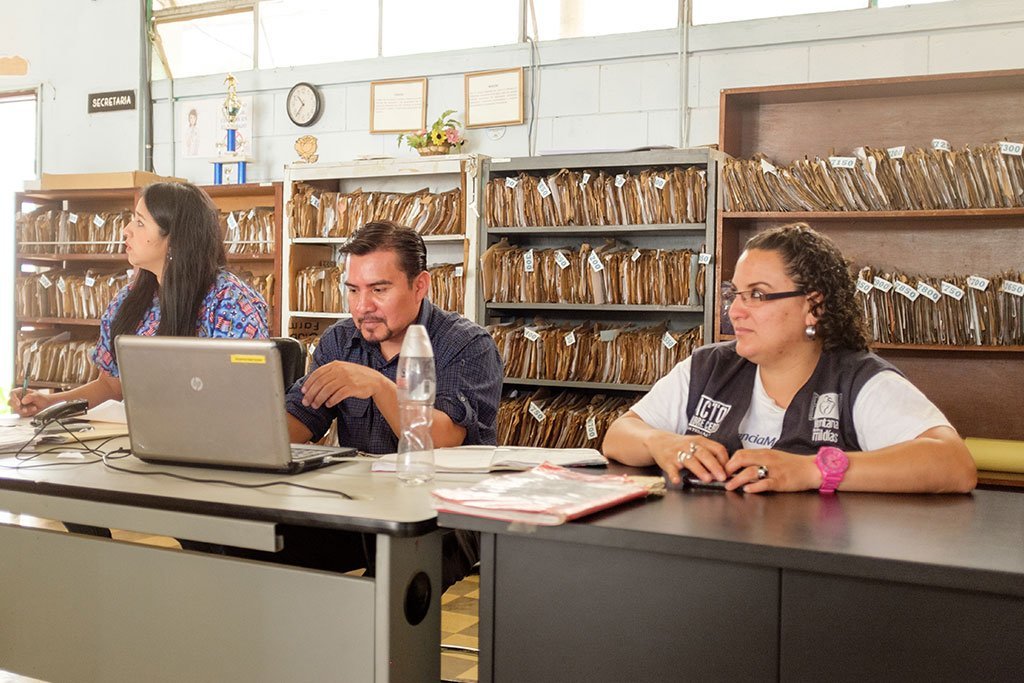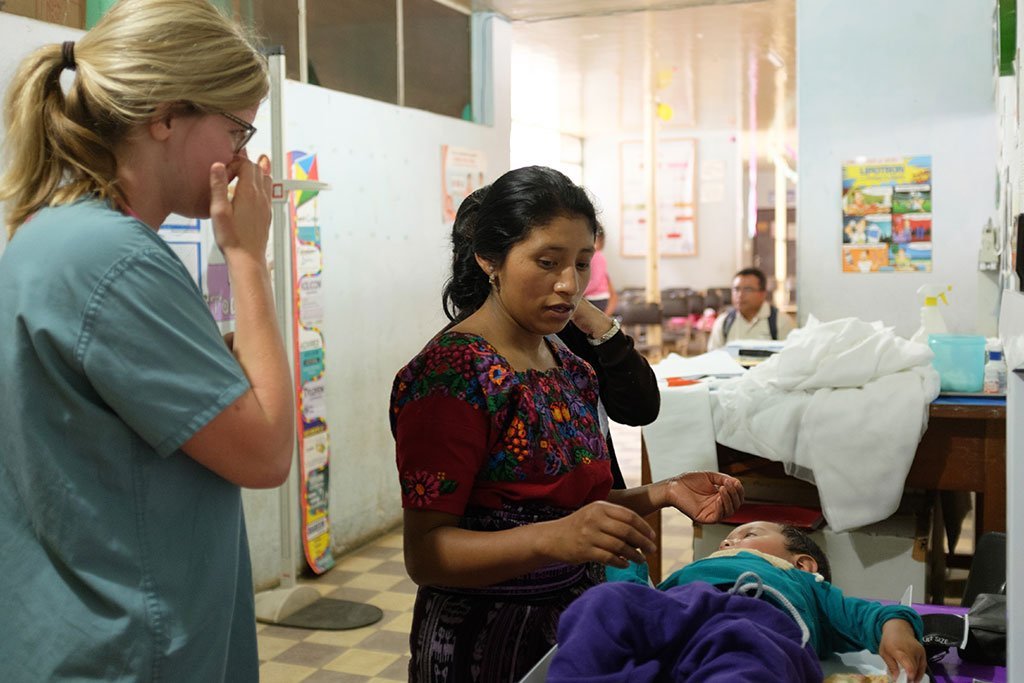From an academic standpoint, the medical field is scientific, mathematical, relatively straightforward. However, when you walk through the doors of a doctor’s office, everything becomes more personal. You are handling the health of another human being, and this is often a very emotional process for patients and loved ones alike. Serving in the medical field is a constant reminder of both the beauty and the fragility of our lives.
Healthcare is an essential part of life; therefore, medicine is not constrained by borders. However, it can be affected by cultural practices and financial resources. This is why I think it is important for healthcare workers to have an understanding of the medical field that is sensitive to viewpoints from all over the globe. In some circumstances, cross-cultural awareness is just as important as medical knowledge for giving patients the treatment and compassionate communication that they deserve.
Because I want to be able to serve all people effectively, I decided to intern in a medical environment outside of my home country. As a newly licensed nurse, I would be gaining objectively useful skills for my trade, as well as widening my worldview with every patient I saw. My desire to become a more global citizen and healthcare professional is what led me to Maximo Nivel. When I read that they offer med-health internships in Central and South America, I already had one foot out the door. The rest was just logistics.

I flew to Guatemala unsure of what to expect but excited to see how medical practices would differ from those I had been exposed to in the States. Maximo arranged everything including my internship, accommodation and daily Spanish classes. I worked at a private clinic in Antigua and it exceeded my expectations.
I was able to apply years of training in a practical setting, which was rewarding in itself. But in addition to taking vitals and sanitizing surfaces, I was seeing how hard Guatemalan professionals work to give their patients the best care possible.
With a population of nearly 17 million, Guatemala truly is the heartbeat of Central America. Nonetheless, a lack of funding, up-to-date technology and properly trained medical staff have left many citizens without the care that they require.
In Antigua, private clinics, like the one I interned at, are trying to compensate for the shortcomings of the nationalized healthcare system. But due to financial hardships, not everyone can afford to receive care at a private clinic so the problems surrounding medical infrastructure in Central America are still persisting.
However, I was grateful for the opportunity to meet even a small portion of the community’s needs. Shadowing a practitioner throughout his normal work day was truly an unfiltered experience. I played a direct role in patient care, which reaffirmed my desire to work in the medical field, no matter where I am serving. My internship was very immersive; I was involved in several aspects of the medical center’s operations during my months there. I assisted doctors with their everyday tasks, including patient consultations and checkups. I also stocked and prepped materials, and I kept patient records up to date.

Not all of my responsibilities were glamorous, but my internship gave me a realistic idea of what it takes to work in a medical setting—from administrative and social roles to the treatments themselves. I got to work closely with an obstetrician. It was very moving to see the ins and outs of reproductive care, which involved everything from gynecology to the delivery room. During the month of Mother’s Day, the clinic was celebrating family medicine by offering women’s health promotions. Even though the clinic was not public, they were making a conscious effort to serve as much of their community as possible.
The office where I interned was actually part of a greater medical center, which consisted of the private clinic and a hospital complex. The facilities were equipped with the necessary resources to perform emergency operations. Recently, they have even purchased more advanced laparoscopic tools. The clinic also advertises the benefits of routine colonoscopy procedures and preventative dental surgeries. The center’s staff has a wide range of specializations, and each medical professional is striving to uphold high standards of safety and care.
This private clinic in Antigua is delivering quality medical care to its community despite the systemic obstacles that Guatemala faces. In the wake of Covid-19, the center has even introduced telemedicine as an alternative to in-person consultations. The virtual appointments last for 60 minutes and are accompanied by a digital case file. Now more than ever, healthcare professionals all over the world are being put to the test. It was gratifying to care for patients in a different country and it taught me to be flexible within my field. My internship expanded both my skills and my mindset.

By exploring the medical needs of an entirely new community, country and culture, I have become a more globally-minded healthcare worker. Through observation, I was able to learn so much about reproductive and family medicine. However, my takeaway is much broader than the medical Spanish I learned and the notes I scrawled during procedures. My language skills might help me reach a wider range of patients. But more importantly, I hope that stepping outside my community and widening my worldview will help me more compassionately care for each and every patient I encounter.
